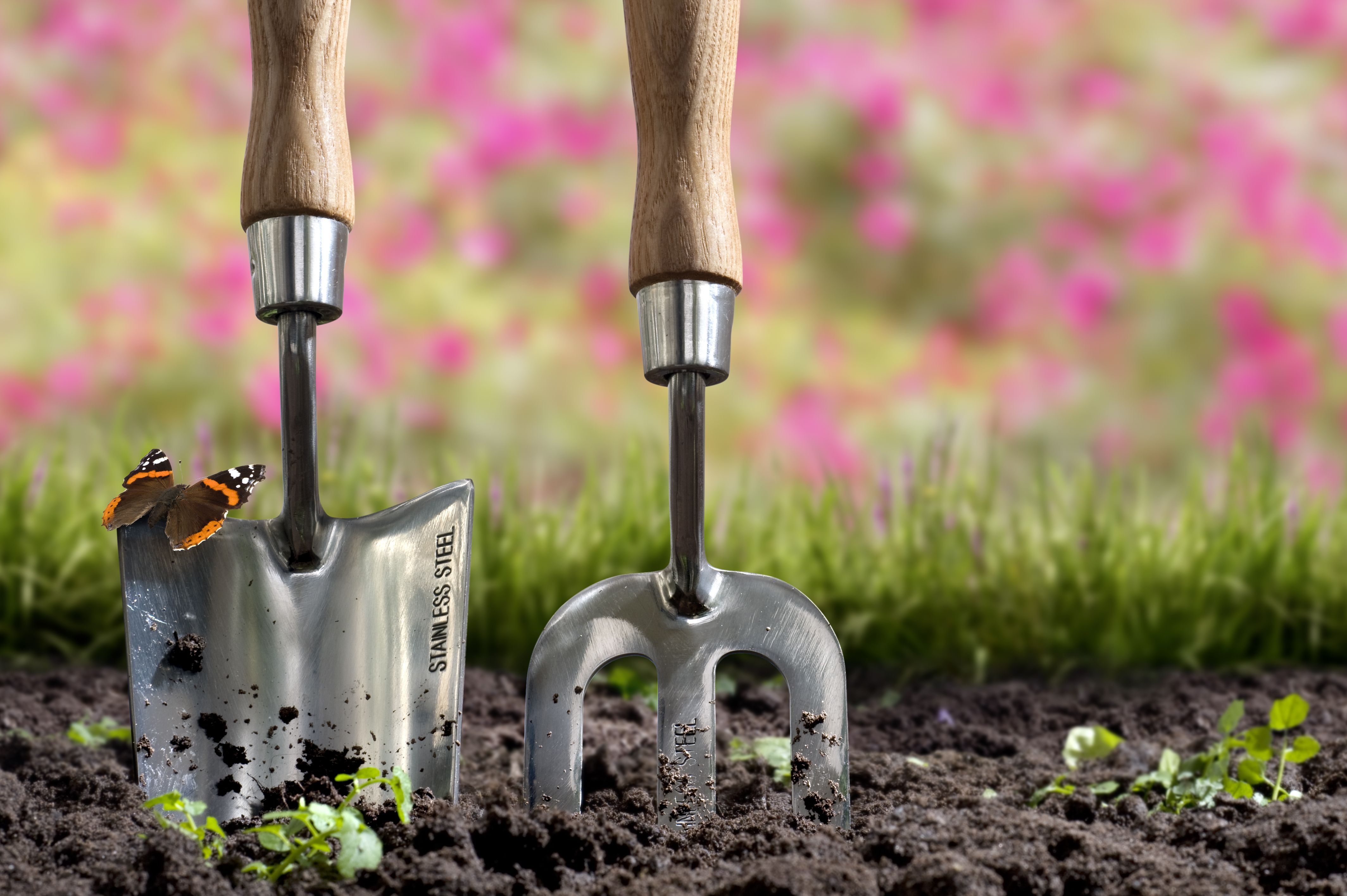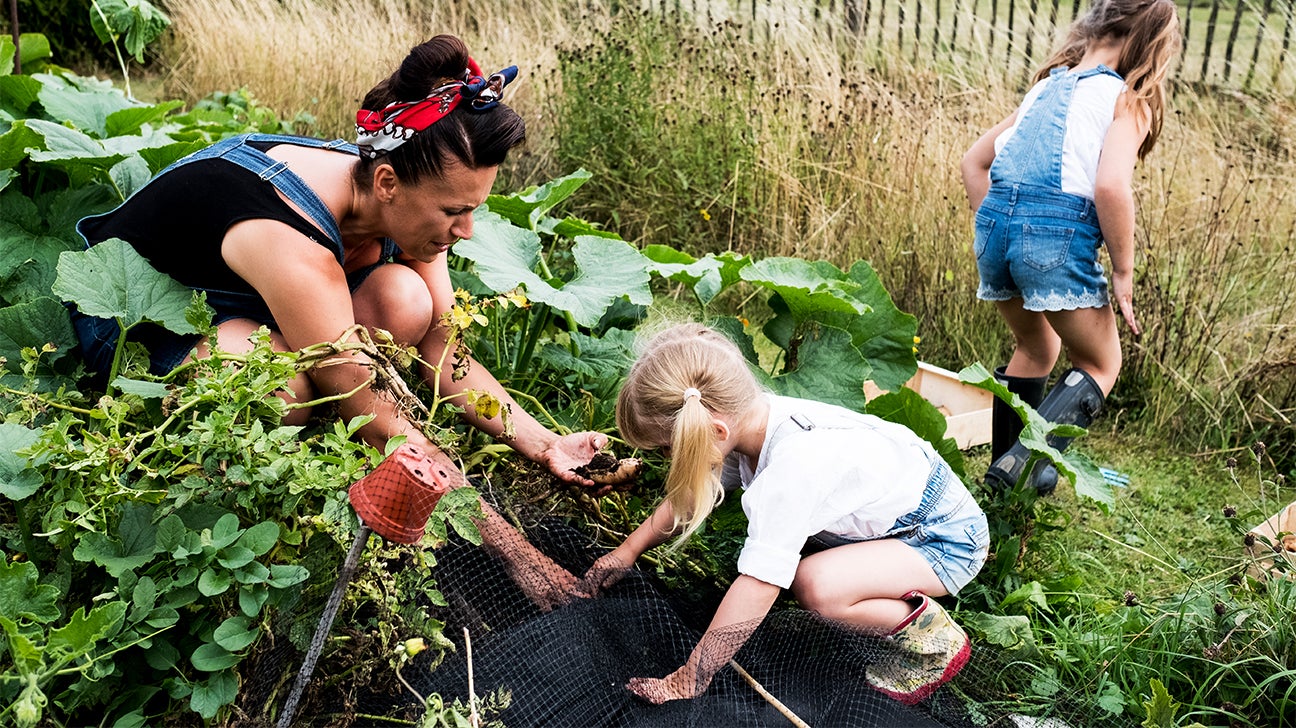Unlocking the Advantages of Gardening: A Thorough Look at the Various Kinds and Their Influence On Health
Exploring the complex benefits of horticulture exposes a range of methods that significantly improve private health. As we analyze these varied gardening strategies, it ends up being noticeable that their effect can resonate on individual, social, and environmental levels, motivating a closer look at just how these connections develop a natural narrative of all natural health.
Kinds Of Horticulture

Blossom horticulture, one more popular group, highlights the aesthetic allure of cultivated blooms. This kind can improve landscapes and promote biodiversity by bring in helpful pollinators. Likewise, natural herb horticulture involves expanding aromatic and culinary plants, contributing both to food preparation and natural solutions.
Container gardening offers convenience, allowing people with restricted room to participate in horticulture by using pots and planters. This approach is particularly preferred in urban setups. Raised bed horticulture, on the other hand, includes producing elevated plots that boost soil drainage and ease of access, making it easier for gardeners to handle their plants.
Lastly, neighborhood horticulture fosters partnership amongst individuals in common rooms, promoting social interaction and cumulative duty. Each kind of gardening offers distinctive purposes and caters to different preferences, making gardening a functional task that can be tailored to individual needs and atmospheres.
Mental Wellness Advantages
Taking part in various sorts of gardening not just produces substantial rewards such as fresh produce and attractive flowers but also provides considerable psychological wellness advantages. Study indicates that gardening can be a powerful tool for decreasing anxiety, stress and anxiety, and clinical depression. The act of often tending to plants and growing a yard fosters a sense of purpose and accomplishment, which can enhance overall psychological health.
In addition, gardening encourages mindfulness, as it requires people to concentrate on today minute, whether it be growing seeds or nurturing growth. This mindfulness practice can bring about lowered rumination and boosted state of mind stability. The exposure to natural settings throughout gardening has actually likewise been connected to enhanced cognitive working and lowered sensations of fatigue.
Social communication plays a crucial function in psychological health and wellness, and neighborhood gardening campaigns supply chances for people to get in touch with others, fostering a feeling of belonging. The shared experience of gardening can grow friendships and support networks, better boosting emotional durability.
Physical Health And Wellness Conveniences
Numerous people might not understand that gardening additionally offers significant physical health benefits. Involving in horticulture tasks needs an array of physical activities, including bending, training, excavating, and growing, which collectively contribute to enhanced stamina, adaptability, and endurance. These actions can enhance cardiovascular health and wellness by advertising a raised heart rate, thereby decreasing the danger of heart problem.
In addition, gardening can act as a moderate-intensity exercise, helping individuals attain advised physical activity levels. Studies indicate that routine participation in horticulture can melt considerable calories-- about 200-400 calories per hour, relying on the intensity of the jobs done. Such calorie expenditure is beneficial for weight administration and general metabolic wellness.
In addition, direct exposure to sunshine throughout horticulture can assist in the synthesis of vitamin D, which plays a vital function in keeping bone health and wellness and sustaining immune function. Moreover, the act of gardening typically includes collaborating with dirt, which has actually been linked to potential mental and physical wellness advantages because of the existence of useful microbes. Gardening.
Social Connections Through Horticulture
The common aspects of gardening foster purposeful social links among people. Community yards, specifically, work as vibrant centers where people from varied histories come with each other, growing not only plants yet also relationships. These common spaces urge collaboration, enabling individuals to trade knowledge, abilities, and resources, therefore improving their horticulture experience and promoting a feeling of belonging.
Interaction in gardening tasks frequently brings about the formation of relationships and support networks. Individuals frequently unify for common objectives, such as planting seasons, harvest parties, or academic workshops, which reinforce interpersonal connections and develop a sense of area. Such interactions can relieve feelings of seclusion and boost mental wellness, as people find companionship and friendship in shared ventures.

Environmental Impact of Horticulture
Horticulture significantly contributes to ecological sustainability in multiple methods. Home yards offer essential habitats for different varieties, including pollinators such as bees and butterflies, which are crucial for environment health.

Furthermore, yards play a critical function in water conservation. Tactical landscapes, including visit our website native plants and xeriscaping, minimize water usage and protect against overflow, thereby shielding regional rivers from contamination.
Conclusion

Finally, horticulture works as a diverse task that enhances wellness throughout various domains. The varied kinds of gardening-- including veggie, flower, herb, container, and increased bed-- add to mental and physical health and wellness, foster social links, and advertise environmental sustainability. By engaging in horticulture techniques, individuals can experience improved lifestyle check my reference while additionally sustaining community bonds and environmental health and wellness. Inevitably, the holistic benefits of horticulture underscore its importance as a crucial aspect in boosting total health.